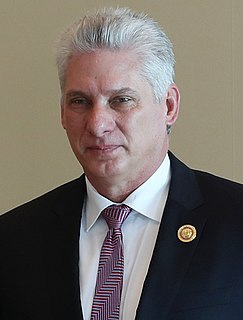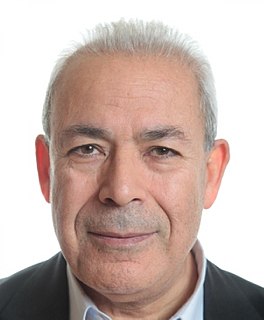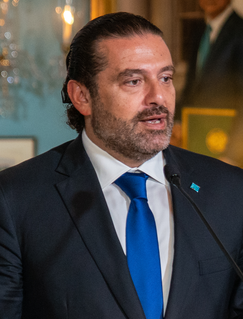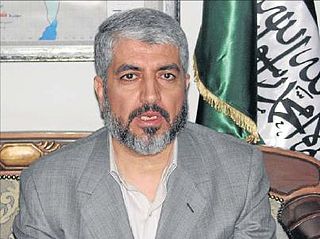A Quote by Hugo Chavez
Venezuela, with Brazil, Argentina, Paraguay, Uruguay, is a full member of Mercosur. And many other Latin American countries, CARICOM, Bolivia have expressed their support for Venezuela. The Arab League, the full Arab League has voiced its support.
Related Quotes
The current relationship between Syria and Iran is abnormal. It is unprecedented in Syria's foreign policy history. A new Syria will be an indispensable part of the Arab League and it will work on improving the role of the Arab League and the role of Arab states regionally, specifically because they took a historic and unprecedented decision to back the Syrian people.
In many parts of the world, including the Arab world, the Latin American world, and even parts of the Western world, there is a tradition of writers being quite engaged. Particularly in the Arab world you have had very, very strong traditions of literature and poetry and most of the writers have been deeply committed to the cause of the Arab nation.
I'm from a Lebanese-American family. And I've been had lot of contacts and - with Arab-American community, especially Arab-American filmmakers and actors and so forth. It's a community that, a minority that really hasn't been heard from enough. And so many of the stories that are told about Arab-Americans these days are just negative portrayals in the news, but also in television and film. So we're - we set out to try and offset some of those stereotypes.
It's true that we in Iraq are now paying a heavy price as a consequence of senseless violence, but nonetheless there are many positive things happening generally on the part of people in Arab countries who were living in darkness and absolute silence because of dictatorship. The people in Arab countries are now speaking out and asking many questions about human rights, minorities, religion, democracy, "the other," and so on.










































